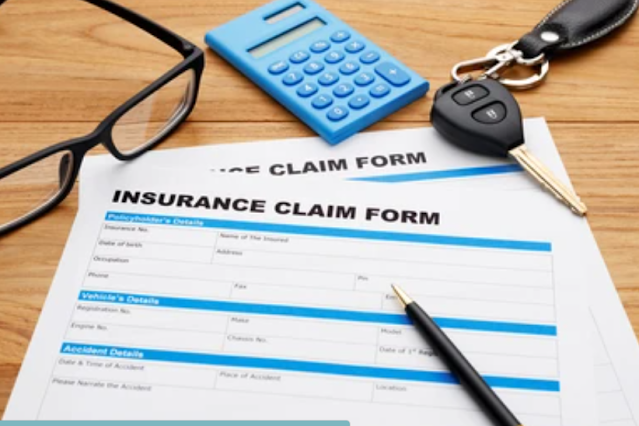The Importance of Gathering Evidence in Motor Accident Claims
The Importance of Gathering Evidence in Motor Accident Claims
When pursuing a motor accident claim, gathering evidence is crucial to establishing liability, proving damages, and maximizing your chances of a successful outcome. Strong evidence can strengthen your case and provide support for your claims. Here are key reasons why gathering evidence is important in motor accident claims:
Establishing Liability:
One of the primary objectives in a motor accident claim is to establish liability or fault. Gathering evidence helps determine who was at fault for the accident. This may involve collecting photos or videos of the accident scene, obtaining witness statements, and reviewing police reports. Strong evidence can help establish a clear narrative of how the accident occurred and who is responsible.
Proving Negligence:
To succeed in a motor accident claim, you typically need to prove that the other party was negligent. This requires demonstrating that they breached their duty of care, causing the accident and your injuries. Gathering evidence such as traffic camera footage, skid marks, or eyewitness testimonies can help establish negligence. Additionally, obtaining records of any traffic violations or prior accidents involving the at-fault party can support your claim.
Documenting Injuries and Damages:
Evidence is vital in documenting the extent of your injuries and the resulting damages. This may include medical records, diagnostic test results, treatment plans, and bills. Keeping a record of your medical expenses, lost wages, property damage, and other relevant financial losses can help calculate the compensation you are entitled to.
Strengthening Credibility:
Having solid evidence strengthens your credibility as a claimant. Insurance adjusters, judges, and juries are more likely to take your claim seriously when you can provide supporting evidence. It demonstrates that you have taken the necessary steps to build a strong case and increases the likelihood of a favorable outcome.
Challenging Counterclaims:
In some cases, the at-fault party may attempt to shift blame or dispute your version of events. By gathering evidence, you can effectively challenge any counterclaims or attempts to minimize their liability. This can include presenting witness statements, accident reconstruction reports, or expert opinions that support your account of the accident.
Negotiating with Insurance Companies:
Insurance companies often try to minimize the amount they pay in settlements. By presenting compelling evidence, you can negotiate from a position of strength. Strong evidence can demonstrate the severity of your injuries, the impact on your daily life, and the financial losses you have incurred. This can help you secure a fair settlement offer.
Building a Persuasive Case:
When preparing for litigation or settlement negotiations, a strong evidentiary foundation is crucial. Gathering evidence allows your attorney to build a persuasive case on your behalf. It provides the necessary facts, documentation, and support to present a compelling argument to the court, insurance companies, or opposing parties.
Meeting Legal Requirements and Deadlines:
It's important to gather evidence promptly to meet legal requirements and deadlines. Some evidence may become harder to obtain over time, such as surveillance footage that is overwritten or witness recollections that fade. Acting promptly to gather evidence ensures that crucial information is preserved and available when needed.
To gather evidence effectively, take the following steps:
- Document the accident scene: Take photographs or videos of the accident scene, including any damage to vehicles, traffic signs, or road conditions.
- Obtain witness statements: Speak with witnesses and collect their contact information. Their statements can corroborate your version of events.
- Preserve medical records: Keep copies of medical records, bills, and reports related to your injuries and treatment.
- Secure police reports: Obtain a copy of the police report, which often contains valuable information about the accident and the responding officer's observations.
- Maintain a record of expenses: Keep track of all accident-related expenses, including medical bills, property repairs, rental car costs, and any other financial losses.
- Consult with experts: In complex cases, consult with accident reconstruction experts, medical professionals, or other specialists who can provide expert opinions to support your claims.
Remember, it's important to consult with an experienced motor accident attorney who can guide you through the evidence-gathering process and help build a strong case on your behalf. They can advise you on the specific types of evidence needed for your claim and ensure that it is collected and presented effectively.
Please note that the information provided here is general guidance and should not replace professional legal advice. Consulting with a qualified motor accident attorney is recommended to receive personalized advice tailored to your situation.















No comments